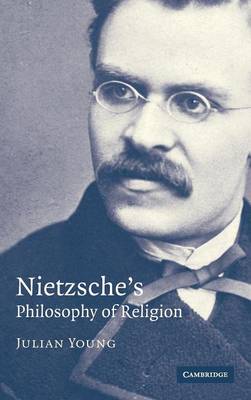In his first book, The Birth of Tragedy, Nietzsche observes that Greek tragedy gathered people together as a community in the sight of their gods, and argues that modernity can be rescued from 'nihilism' only through the revival of such a festival. This is commonly thought to be a view which did not survive the termination of Nietzsche's early Wagnerianism, but Julian Young argues, on the basis of an examination of all of Nietzsche's published works, that his religious communitarianism in fact persists through all his writings. What follows, it is argued, is that the mature Nietzsche is neither an 'atheist', an 'individualist', nor an 'immoralist': he is a German philosopher belonging to a German tradition of conservative communitarianism - though to claim him as a proto-Nazi is radically mistaken. This important reassessment will be of interest to all Nietzsche scholars and to a wide range of readers in German philosophy.
- ISBN13 9780521854221
- Publish Date 6 April 2006
- Publish Status Active
- Publish Country GB
- Imprint Cambridge University Press
- Format Hardcover
- Pages 244
- Language English
